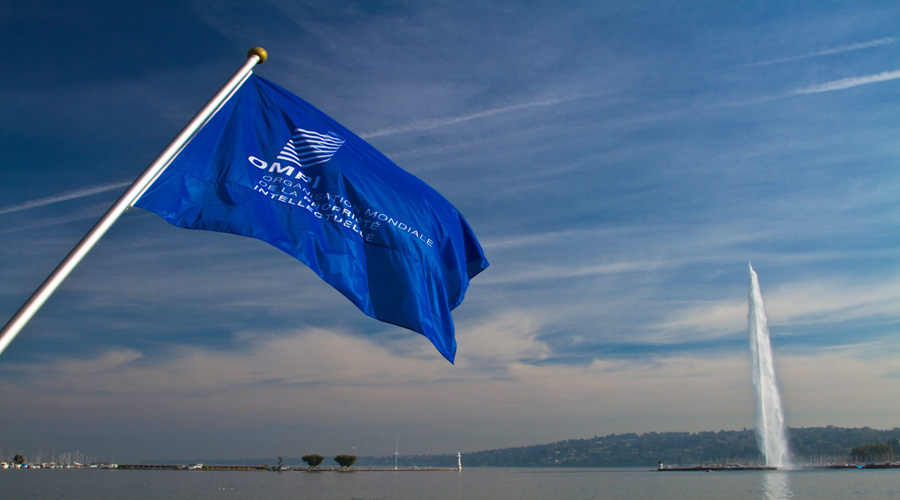As the World Intellectual Property Organization (WIPO) held the 43th session of its Standing Committee on Copyright and Related Rights (SCCR) hybrid in March 2023, EWC President Nina George submitted on behalf of the European Writers’ Council (EWC) the following statement on the standing item “Exceptions & Limitations”.
Brussels / Geneva, 15 March 2023
The European Writers’ Council thanks WIPO and its Secretariat for the opportunity to submit a written statement on Exceptions and Limitations (E&L) to be discussed in the SCCR/43. We refer to E&L for writers in the book sector, as well as in particular to the Proposal by the African Group for a Draft Work Program on Exceptions and Limitations (document SCCR/42/4 Rev.)
The European Writers’ Council (EWC), founded in 1977, represents 160,000 writers in the book sector from 46 writers’ associations in 31 EU-, EEA- and non-EU countries, publish in 31 languages in all genres, including educational and academic works. Their works are distributed globally. The EWC is the worldwide only federation representing solely writers’ interest.
As WIPO Observer, we have witnessed a worrying detachment of “work” and “author” in discussions and contributions in the latest SCCR meetings.
Especially when it comes to limitations and exceptions for the use for State institutions, the central term of “author” hardly appears any more in contributions, although any limitation affects the author first and foremost, restricting his or her freedom of decision and his or her earning situation. There is wording of “cultural heritage”, “flow of knowledge”, “right of access to education”; but behind every single of these aspects, as the main resource, is an author. To draw attention to this development, please allow us to bring the value as well as the value chain from authors back to your attention:
Authors in the book sector create texts at their own economic risk. They are not paid for their work, neither for research and writing time, nor according to pay per page, textual quality, or years of professional experience. Only the usage of the writers’ work triggers a monetary participation from their own work, such as royalties in sales, in lending, or in licenses.
The basic principle is: every use must be appropriately remunerated. Limitations undermine this.
With their unpaid work, writers provide the mental capital for a value chain of 138.35 billion US dollars worldwide in sales alone in trade market. Authors work support states to fulfil the educational mandate, it’s the authors, who nurture the societies with knowledge, science, education, information, and cultural heritage. Authors’ rights, copyright, and contract laws are the only safeguards for the economic, moral and personal rights of these nonpaid sources and resources. But for the past 20 years, authors’ rights and copyright have been frequently restricted rather than strengthened. Limitations and exceptions, uncompensated or insufficiently compensated, are not counterbalanced by positive regulations, such as in contract law, but also not in social security or labour laws.
States, that do not have any industrial or natural resources, shall protect the remaining resources all the more instead: and this is the mental capital, the intellectual assets of authors.
The EWC therefore strongly calls for:
Protect your intellectual properties and mental capital. Build up a supporting contract law and authors’ rights system first, explore the wide range of licensing. We appeal strongly to avoid more limitations or exceptions within an international binding legal instrument.
On the context of the African proposal:
(1) TDM is since years the basis for global monopolies to take advantage of authors’ intellectual output without consent or documentation, to produce lucrative software that directly competes with authors. A binding instrument like a TDM exception, whether for non-commercial or commercial use, should therefore be rejected; even more important: existing TDM limitations should be swiftly reformed with remuneration-requiring conditions, and a consensus obligation (voluntary opt-in), while institutions that use TDM for research shall be encouraged to conclude collective and remunerated licenses, and fulfill the obligation of transparency of the works used for TDM.
(2) The introduction of an “education exception” similar to Art 5 of the 2019/790 (EU) Directive should be approached by the 3-step-test, and negative effects of already existing limitations shall sufficiently be evaluated.
To the documents of the SCCR43
Photo: Emmanuel Berrod. Copyright: WIPO. This work is licensed under a Creative Commons Attribution-NonCommercial-NoDerivs 3.0 IGO License

